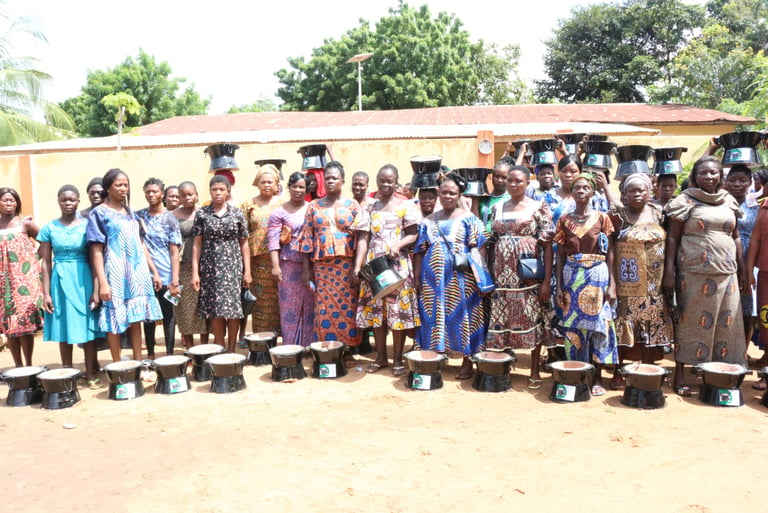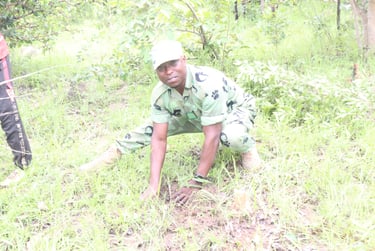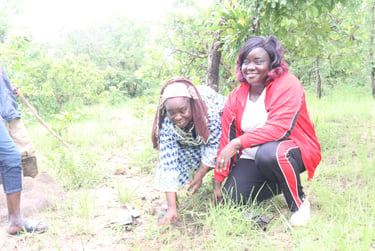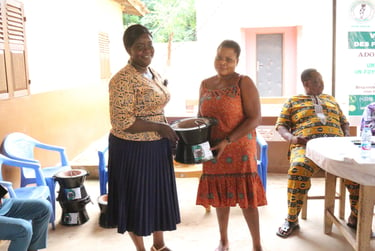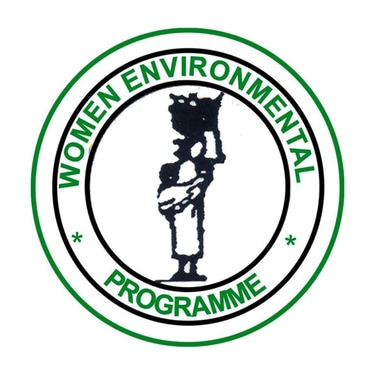Empowering women and youth to reduce anthropogenic pressure on forest resources through innovative practices in Togo
CLIMATE CHANGE
11/25/20242 min read
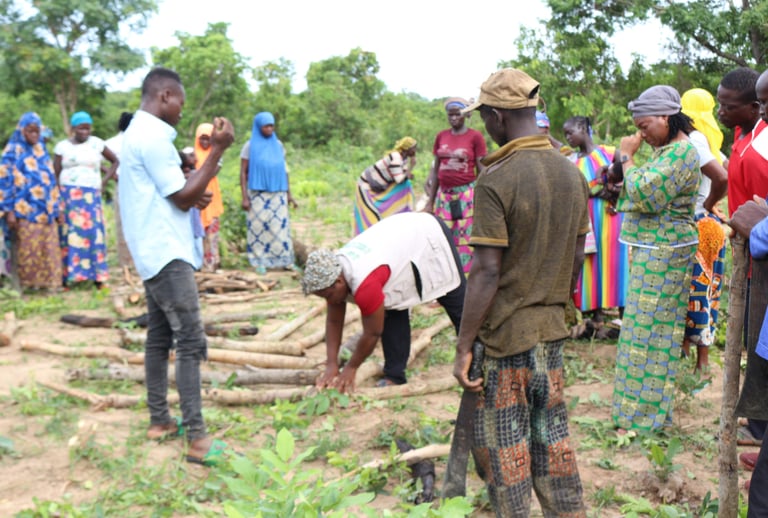

Contribution of Women and Youth to Reducing Human Pressure on Forest Resources through Innovative Practices in Togo:
Implemented by NGO WEP-TOGO in Togo’s Maritime and Central regions, the project focused on communities in Agoè-Nyivé 5 and 6 and Tchaoudjo 3. It was funded by Solidarité Union Coopération (SUCO Togo).
Background and Rationale
The project responds to challenges linked to deforestation and unsustainable use of forest resources, driven by timber harvesting, fuelwood collection, and bushfires. Its main goal: reduce human pressure on forest ecosystems while improving rural women’s living conditions in Togo.
Project Overview
Activities targeted Kolina (Tchaoudjo prefecture), a high fuelwood production zone, using an innovative approach to sustainable forest management. Key actions included:
Adoption of improved Casamance-style carbonization by 100 young people and women charcoal producers.
Promotion of ceramic-core improved cookstoves among 300 households in Lomé’s outskirts (main destination for Kolina’s fuelwood).
A reforestation initiative in Kolina.
Key Achievements
A cookstove production workshop was established in Sanguéra (Lomé).
Over 600 improved stoves were produced and distributed in Agoè-Nyivé 5 and 6.
Awareness and training sessions ensured proper use of the stoves.
The project encouraged fuel-saving practices and supported the creation of a 2-hectare energy wood plantation in the Central region by women and youth. Out of 1,500 Acacia and 500 Gmelina trees planted, 1,800 survived and are thriving for future energy use.
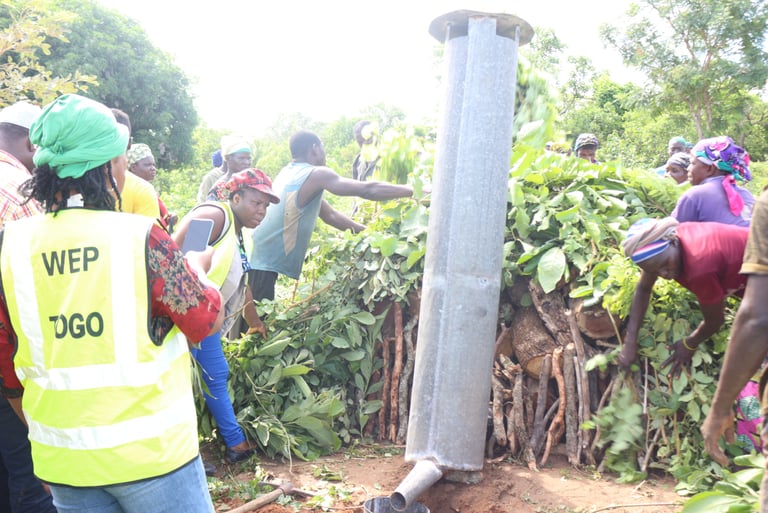

Looking Ahead
WEP-TOGO plans to expand this project to other areas where human pressure on forest resources continues to drive environmental degradation and intensify the effects of climate change. The organization is calling on all interested technical and financial partners to support this initiative.
Lessons Learned
One of the key lessons from the project is that the beneficiaries’ ownership of improved carbonization techniques is essential to the initiative’s success. Additionally, the establishment of a fuelwood plantation by women and youth in Kolina has contributed to long-term forest cover restoration and the sustainable development of the fuelwood sector.
Testimonials
Ms. CHAKBERRA, beneficiary of an improved stove provided by WEP-TOGO, says: "Before, with the traditional stove, I used a bag of charcoal, which costs 15,000 CFA francs for a household of three people and lasted only one month. With this improved stove, I use a bag costing 10,000 CFA francs for the same household, which now lasts a month or more. It's really economical."
This project represents a significant step forward in the fight against deforestation and the promotion of sustainable forest management in Togo
